Range
All Range Content
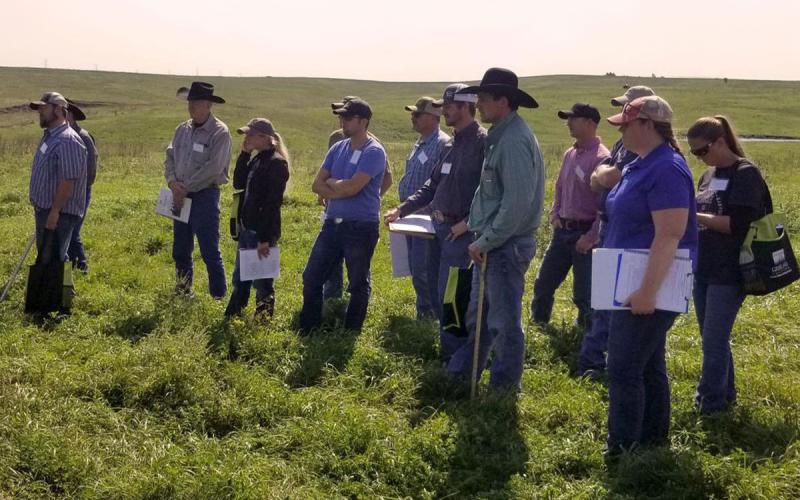
South Dakota Grassland Management Resources
The South Dakota Grassland Coalition provides educational opportunities for producers and agency personnel alike and has a wealth of informational tools available to share with others seeking assistance.
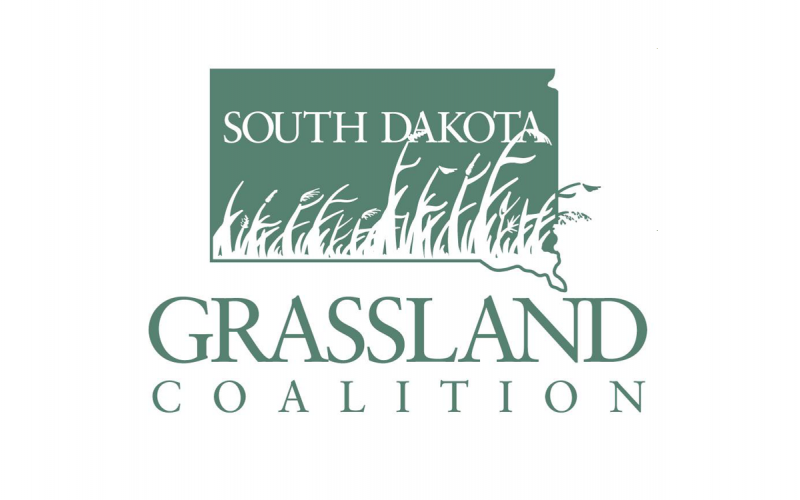
Introducing the South Dakota Grassland Coalition
The South Dakota Grassland Coalition is a non-profit organization that seeks the voluntary improvement and protection of privately owned grasslands for the long-term needs of the resource and its various species.
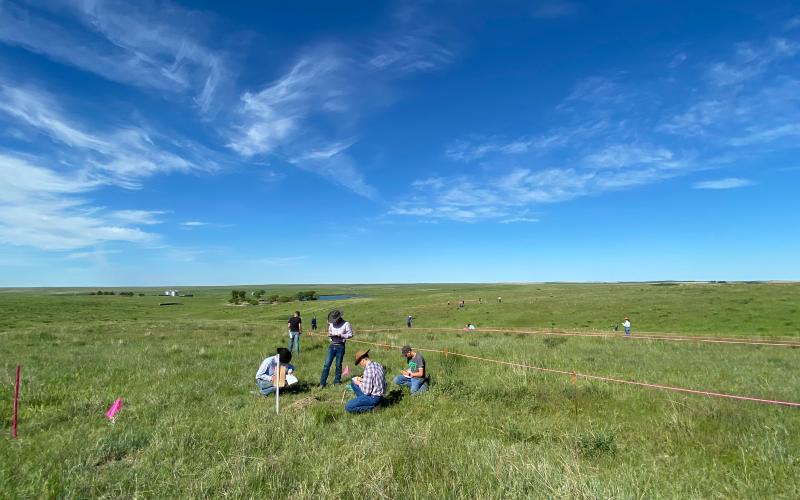
SDSU Extension Announces Rangeland and Soils Day Results
June 14, 2021
The first place 4-H teams in each judging event from both contest locations will now advance to the National Land and Range Judging Contest in Oklahoma City, Oklahoma in May 2022.
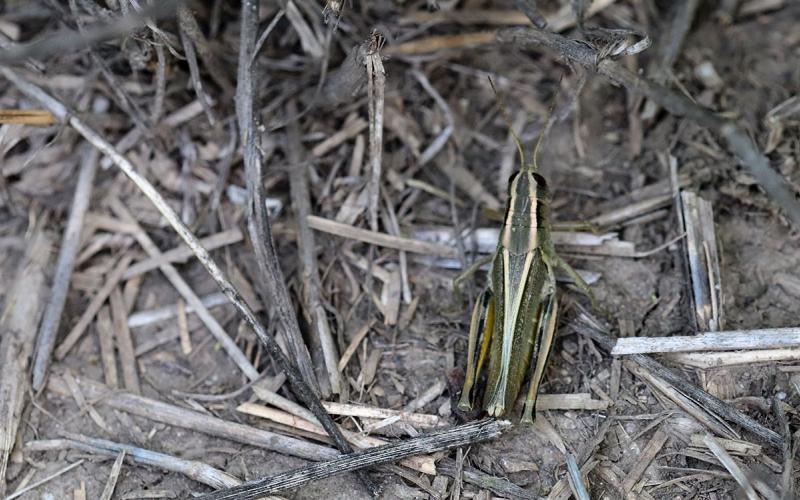
Will Grasshoppers Be an Issue in 2021?
With much of South Dakota experiencing dry conditions this year, grasshoppers are one of the insect pests that will need to be monitored. Large grasshopper populations may cause economic loss in cash crops and reduce forage in range and pasture lands.

Qualifying Livestock Forage Program Applications
As drought conditions worsen, livestock producers will find feed assistance from the Livestock Forage Program administered by the U.S. Department of Agriculture Farm Service Agency. Learn how to qualify, apply and certify your application for assistance.
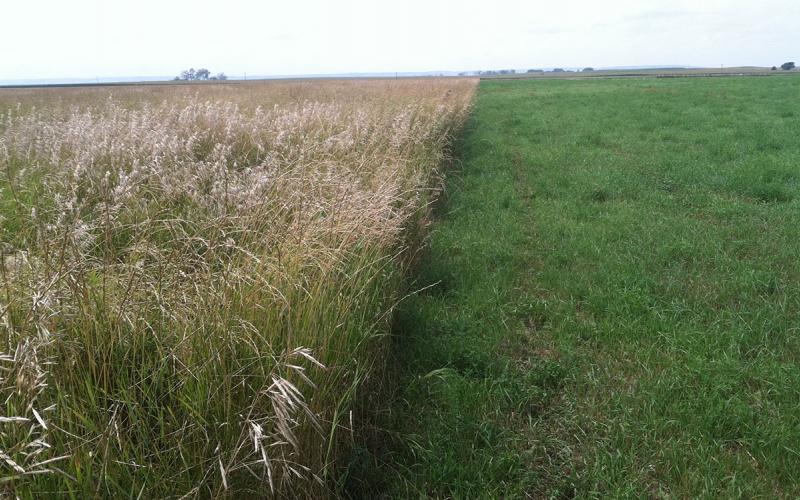
Grassland Fertilization: Exotic Grass Planting Case Studies - McPherson and Jerauld Counties
Our previous installment of this series discussed the effects of fertilization on native grassland plantings. This last installment addresses the options for fertilization on low-diversity exotic grassland plantings.
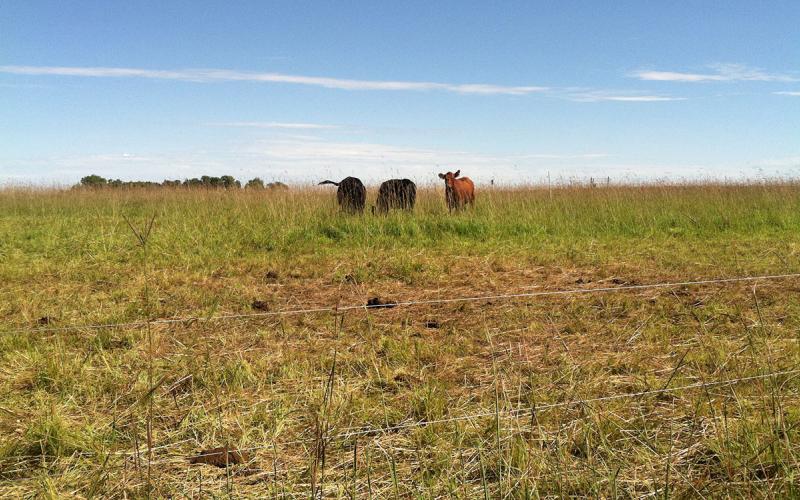
Grassland Fertilization: Native Grass Planting Case Study - Codington County
Management goals of planted grasslands are an important driver in the consideration of whether fertilizer applications will be beneficial or harmful. Here, we will discuss various plant communities and the impact of fertilization on each.
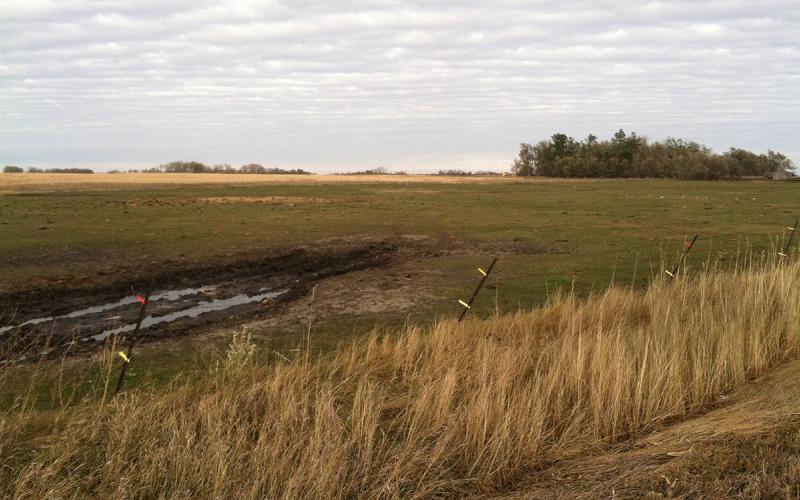
Grassland Fertilization: Native Pasture Case Study - Hamlin County
Whether fertilization pays or not depends on the species present, the past management history and the type of grazing strategy. This study compares two very different plant communities that represent typical pastures and management schemes in this area.
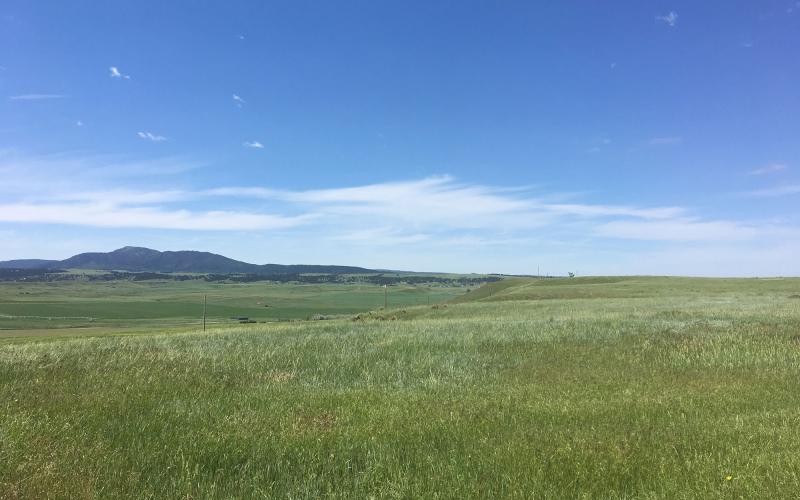
'Good, Bad and Invasive Plant Tour' set for June 3
May 28, 2021
This year's tour will take place on June 3 from 9 a.m. to 3 p.m. (CST) at Sica Hollow State Park near Sisseton.
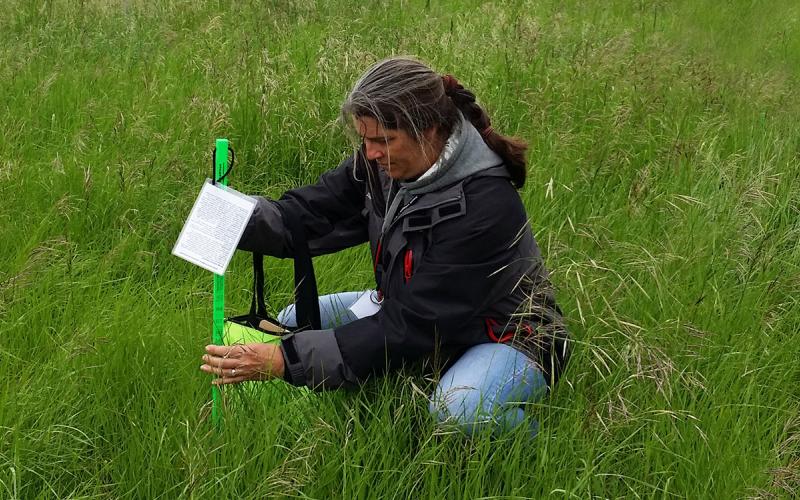
Using the ‘Grazing Stick’ To Assess Pasture Forage
Assessing pasture forage is a key step in planning grazing strategies. A grazing stick is a tool that uses simple math and measurements to determine herd size, stocking rates and available grazing days. We will address how to use a grazing stick in this article.